News and Campaign Updates
Save Boulder County
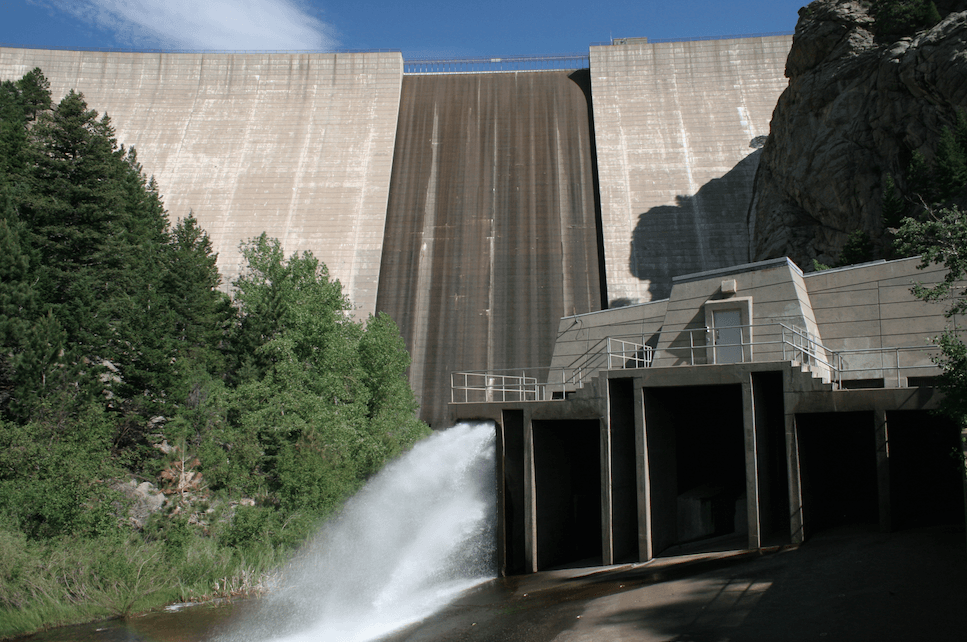
A Daily Camera article is here.
A Colorado Sun article is here.
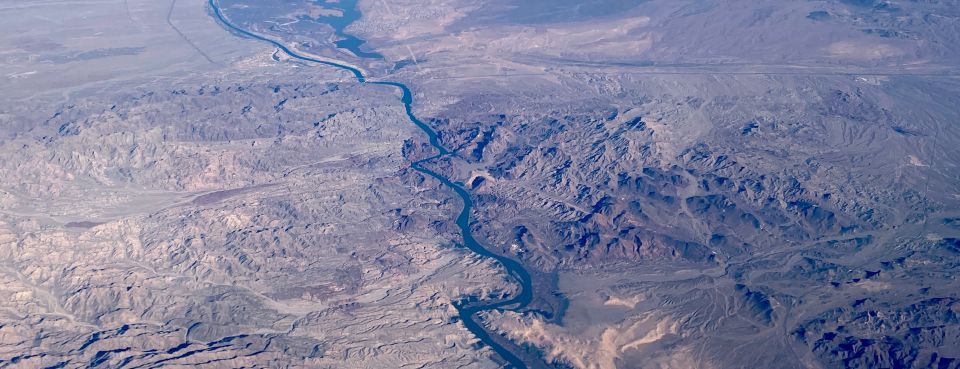
Every day, there is more news about the drought (made worse by climate change) affecting the West, and in particular, the Colorado River. The Colorado River Basin is in the midst of an extreme drought. See the below links to learn more:
The West’s Extreme Drought: Colorado River Plans Explained (1) (bloomberglaw.com)
Colorado River water shortage now almost certain, new projections show - CNN
The Colorado River simply cannot be tapped more to fill an expanded Gross Reservoir!!!
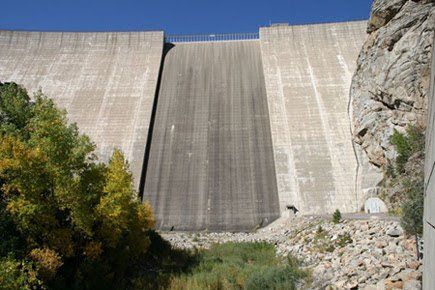
On April 1st, the US District Court granted the government and Denver Water's motions to dismiss our coalition's federal lawsuit for lack of jurisdiction. Note that our lawsuit was dismissed for procedural reasons - NOT FOR LACK OF MERIT.
In response - our Coalition is STAYING THE COURSE in our fight to halt construction of the tallest dam in Colorado History. Today we filed a notice of appeal to challenge this dismissal. An excellent article about the filing can be found in The Colorado Sun. Our official press release about this action, including quotes from members of the coalition, is below.
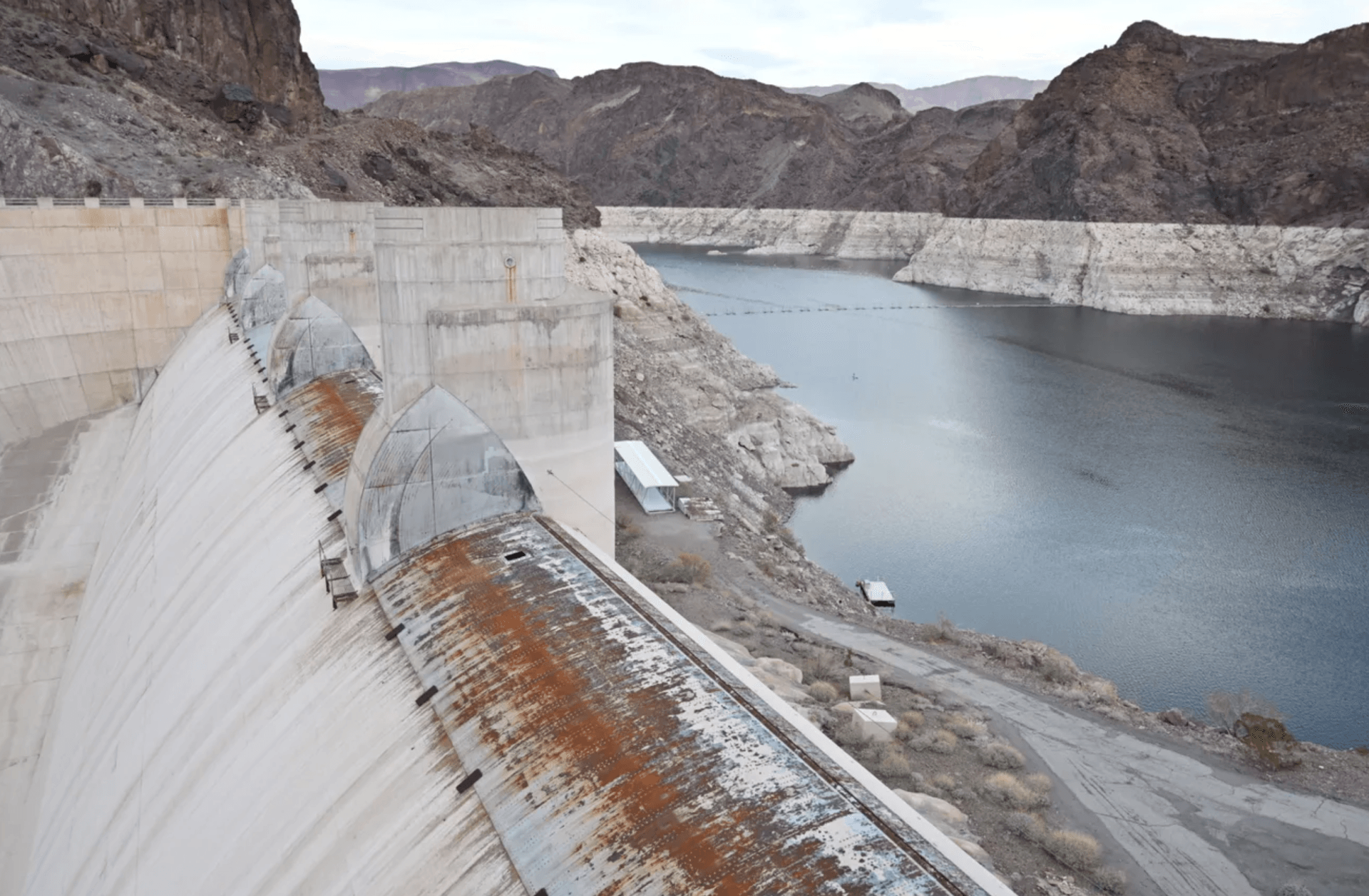
Many people are surprised to find out that most of the water that fills Gross Reservoir comes from tributaries of the Colorado River on the western slopes of Colorado. Unrelenting drought and years of rising temperatures due to climate change are pushing the long-overallocated Colorado River into new territory, setting the stage for the largest mandatory water cutbacks to date.
The Colorado River’s flow has shrunk during one of the driest 22-year periods in centuries. Scientists say the West is experiencing a megadrought and one that’s worsened by humanity’s heating of the planet.
The drought over the past year has hit especially hard in the Colorado River watershed. Last spring and summer, months of extreme heat combined with the lack of monsoon rains baked the soils dry and shrank the amount of runoff, sapping the river and its tributaries. A year ago, about 4% of the West was in a severe drought. Now, about 58% of the West is classified as being in a severe, extreme or exceptional drought.
This all speak to what a bad idea it is for Denver Water to try to pull more water out of the Colorado River system to fill an expanded Gross Reservoir! A good article by Ian James on what the southwest faces can be read at the Arizona Republic.

For details about the recent dismissal of our lawsuit in Federal District Court, please see this article in Colorado Politics. There is also additional information in this Boulder Daily Camera article. The decision, which can be read here , states that the U.S. District Court does not have jurisdiction in this case, since the Federal Power Act gives the Federal Court of Appeals exclusive jurisdiction over challenges to a Federal Energy Regulatory Commission licensing decision.
We still feel that we have a strong case at the federal level, and if we decide to appeal, we are hopeful that the Federal Court of Appeals will be open to considering the merits of our case. We will keep everyone informed on how we might move forward on that.
This loss does, however, highlight the critical role the Boulder County Commissioners play in all of this. There is absolute precedence in Colorado for counties to be able to control development proposed by entities beyond their boundaries. For example, Eagle County used the 1041 permitting process to reject construction permits in a water case when Colorado Springs proposed the Homestake II Project - and their decision was upheld by the Colorado Court of Appeals.
It is critical that we keep the pressure on the Boulder County Commissioners to insist that they use all the power they have with 1041 to stop this insidious project. We should know in the next month how they will respond to Denver Water's updated 1041 application. Public comments are still being accepted during the entire duration of the review process so if you haven't written yet, please consider doing so. Comments may be submitted by emailing Boulder County at grossreservoir@bouldercounty.org AND at commissioners@bouldercounty.org.
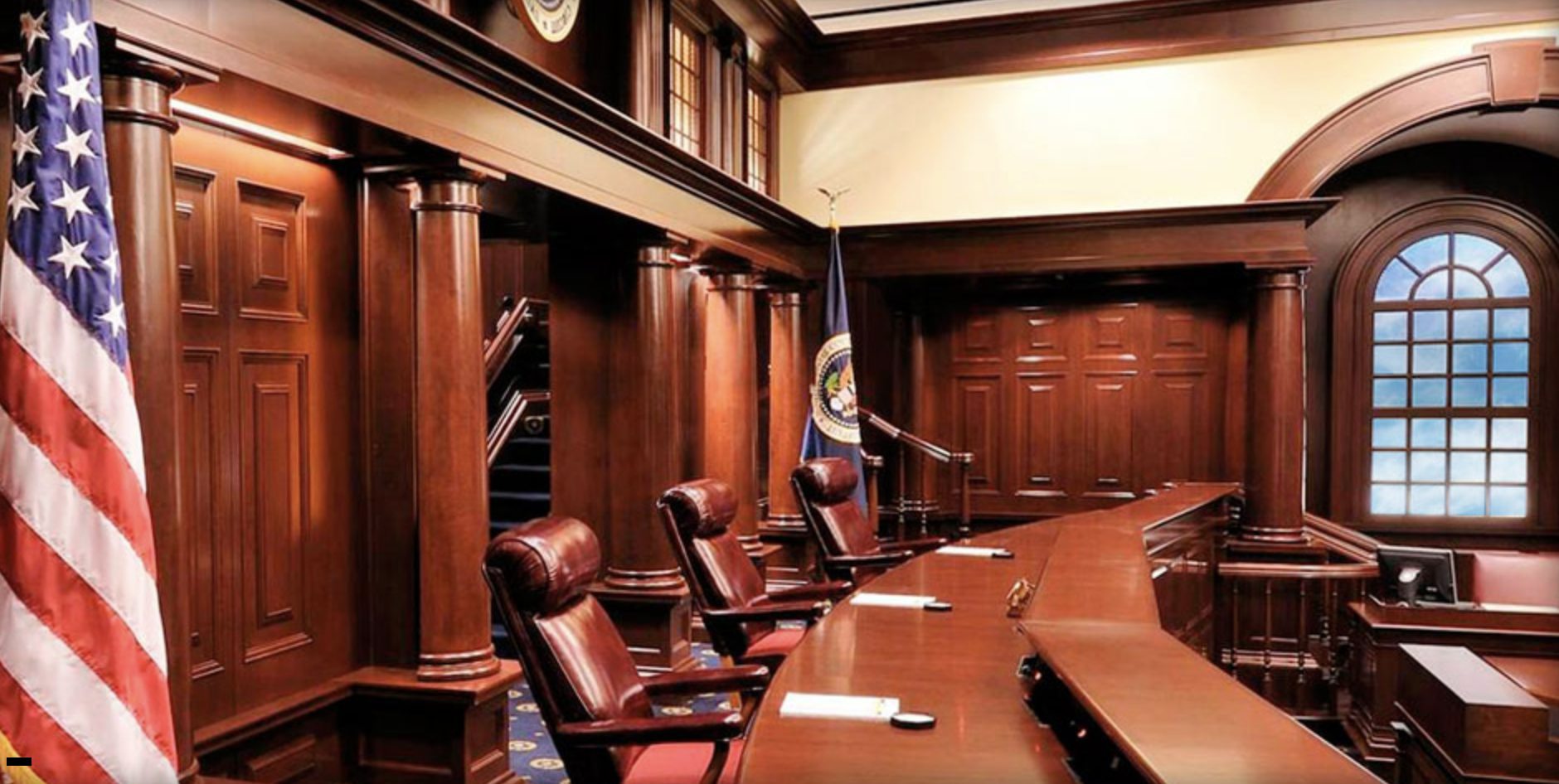
Today, April 1st, the US District Court granted the government and Denver Water's motions to dismiss our coalition's federal lawsuit for lack of jurisdiction. Note that our lawsuit was dismissed for procedural reasons - NOT FOR LACK OF MERIT.
We strenuously disagree with the judge's opinion and are extremely disappointed that the court will allow Denver Water and the federal agencies to avoid accountability for their failed environmental review. We believe the court simply got this decision wrong, and we are actively engaged with our legal team to consider every option for moving forward.
Our coalition members (TEG, Save the Colorado, Sierra Club, Living Rivers, Waterkeeper, and Wild Earth Guardians) are united in supporting the people of Boulder County in stopping this devastating project.
Stay tuned for next steps.
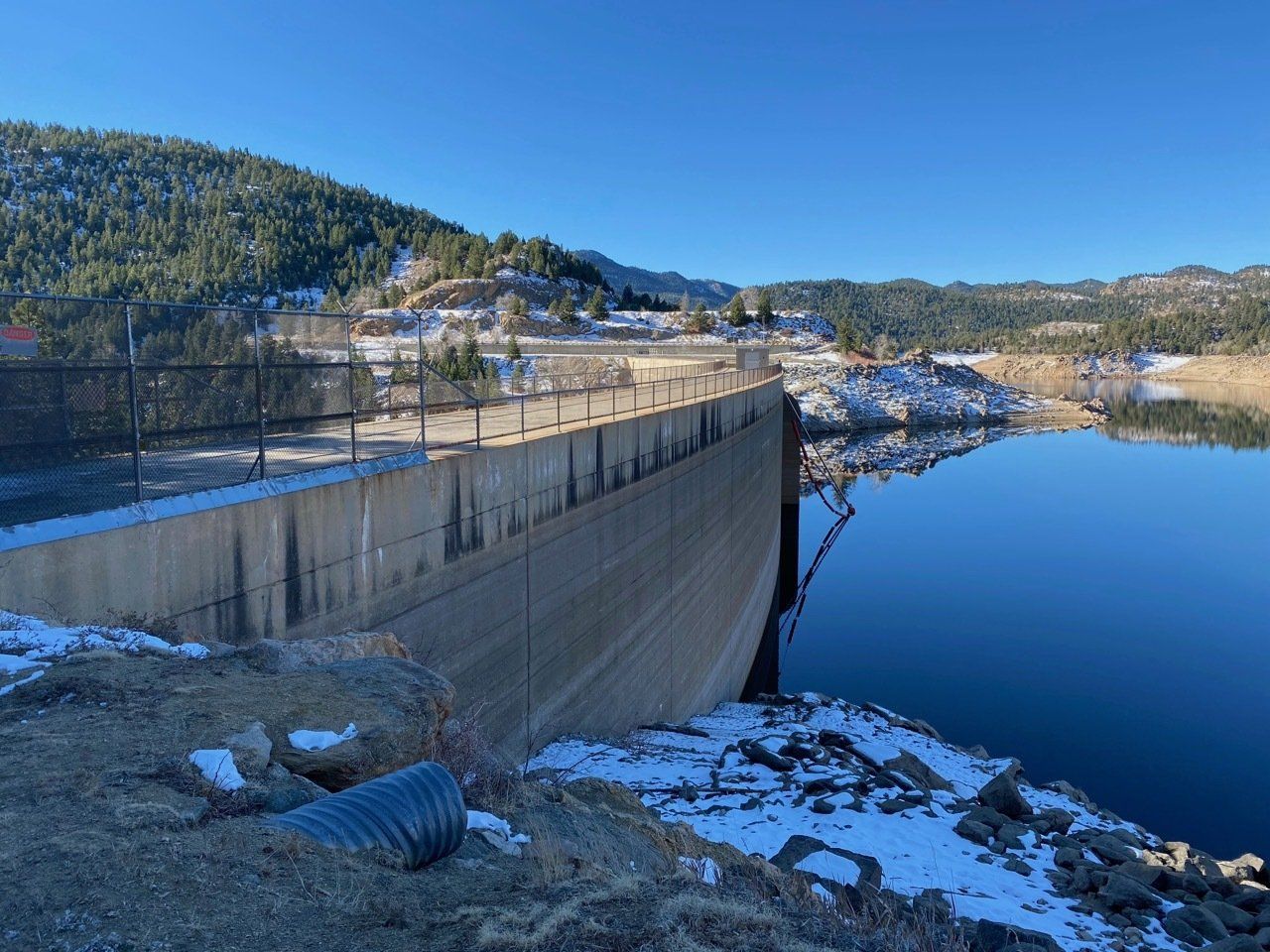
Due to the HUGE response to Denver Water's 1041 application from the public (over 1,000 comments from individuals) and government agencies, DW requested an extension to February 19th to put together their response. All of their responses are available for review on the Boulder County website here. Our team subsequently analyzed those responses and submitted the following items documenting the many issues we found.
- Cover Letter
- Summary of concerns
- Colorado River Protection Alternative
- Hydrology discussion of Purpose and Need
Boulder County must now consider DW's latest updates and responses and decide how to move forward. The public is able to continue submitting comments to the county throughout this process. Comments can be emailed to grossreservoir@bouldercounty.org. We will continue to update this space with updates as we get them.
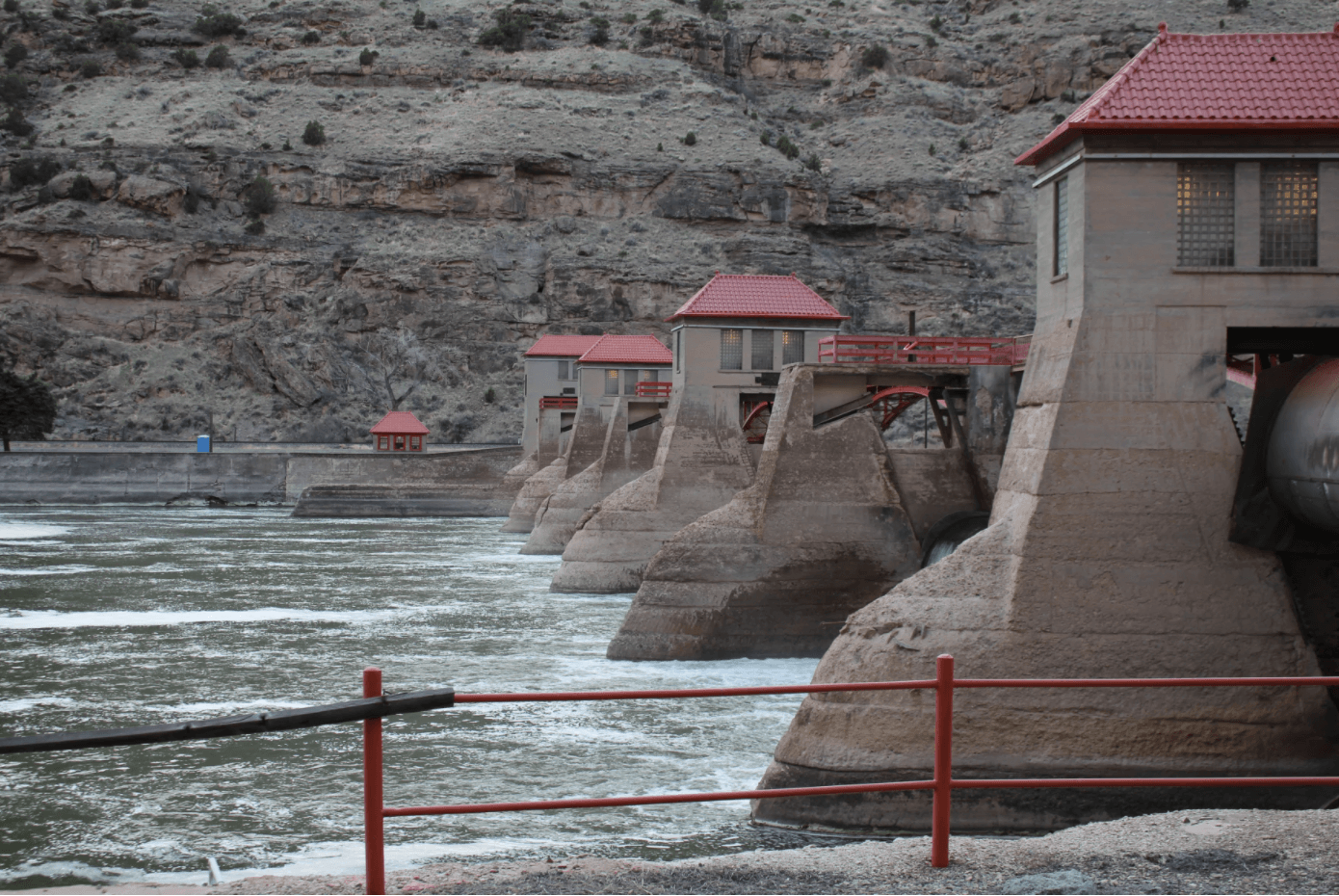
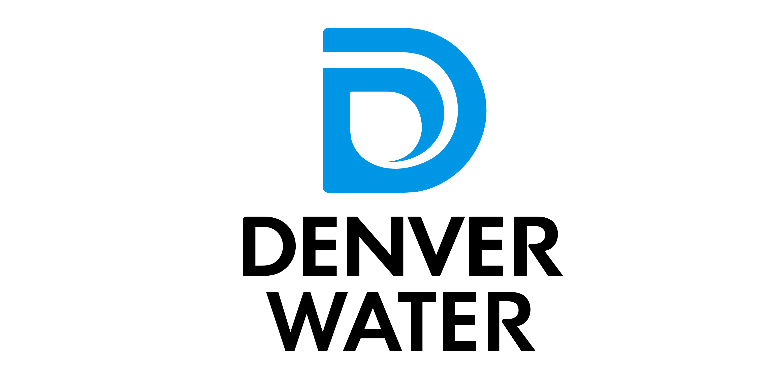
Denver Water submitted their 1041 Permit Application to Boulder County in November, 2020. Agencies and individuals submitted thousands of comments on that application. Denver Water's responses to those comments were submitted to the county on Feb 19, 2021 and are now available for public review on the Boulder County website. To access them, click here and then click on the yellow link in the bright green box:

These highlight some of the best feedback from the 162 pages submitted by various departments and agencies to the Boulder County Planning Manager on Denver Water’s 1041 Application. We encourage you to view all of the comments that can be found here. You can also read all 1,967 pages of comments from individuals here! It is encouraging to see so many organizations and individuals stepping up to clearly detail the issues with the application and the project as a whole. GO TEAM!
Boulder County Engineer
- Page 2-1 of the 60%DM indicates that truck traffic will not be expected to travel through the city of Boulder. However, p. 3-4 of the 60%DM states the route of truck traffic for tree removal is expected to travel on SH 93 in order to reach the city of Longmont as its final destination. As such, travel through the city of Boulder would be unavoidable.
- The FERC hydropower license requires construction of the project according to specified deadlines and milestones. The applicant needs to provide a concise schedule for review prior to approval of the 1041 Permit
Plans Examiner Supervisor
- Separate building permits, plan reviews and inspection approvals are required for all; temporary structures, permanent structures and electrical equipment that are part of this proposal. This includes but is not limited to; the dam control building, the quarry operations, construction of a temporary concrete batch/production plant, aggregate processing plant, batch plant offices, crusher office, pump station building, relocated or reconstructed maintenance building, powerhouse, testing lab building, receiving office trailer, office complex trailers, staging area trailers, shop trailers, storage area trailers, all recreation facilities, any retaining walls greater than four feet (measured from the bottom of the footing to the top of the wall), and fences greater than 6 feet tall.
Planning Division Manager
- Staff recognizes that the nature and extent of the proposed project involves the potential for significant potential for environmental damage (i.e., loss of natural resources, alteration of wildlife habitat, changes to groundwater, increased disturbance along roadways, etc.) and so requires Denver Water provide specifics related to less environmentally damaging alternatives
- The inconsistent information, out-of-date data, and lack of information contained in the application related is insufficient for staff to conduct a comprehensive review and analysis of the code criteria. Staff understands Denver Water’s application materials rely heavily on materials submitted for federal permitting processes but points out that the Boulder County land use application and review process is significantly different from those federal processes. Based on reviews conducted in the initial referral period staff finds significant additional information is necessary before the application can be considered complete.
- The out-of-date nature of the data and information used for the applicant’s analysis presented in application materials does not allow staff to conduct a thorough review and analysis of the proposed project.
Engineering Development Manager
- Multiple phases of construction are proposed by the applicant. Updated plans must be provided as part of the approval of this 1041 permit which reflects activities associated with each phase of construction, including, but not limited to: traffic impacts, trail construction, construction staging and parking, staging locations, erosion control and stabilization of disturbed earth, cut and fill locations for earthwork, grading and drainage plans.
- Recreational traffic estimates must reflect actual conditions more so than outlined in the 60% TIA, which included a traffic count conducted in December 2015, and were adjusted by 10 trips to and 10 trips from the site to account for seasonal differences. Staff does not feel that the recreational traffic estimates accurately reflect the current conditions, nor the peak recreational traffic during the summer months and must be updated.
Department of Community Planning and Permitting Long Range Planner
- Denver Water’s Gross Reservoir Expansion Project application (the application) dated 9/21/20 is a 370 page document which then includes multiple exhibit documents which mustbe referenced to obtain pieces of information not included in the application. These exhibit documents are each 100s of pages and present different information than is presented in the application. The application should provide complete summary information of the detailed reports provided as exhibits. The application should be amended to provide all relevant information in a complete and consistent manner so that it may be understood when reviewed by agencies, the public, and decisions makers.
- Denver Water’s need for the project is discussed in an 18 year old Integrated Water Resource Plan (2002)… and state “the problem is not lack of overall water supply…but unequal distribution of the available water. That is, Denver Water currently has adequate water supply in its supply systems but not enough water is available for treatment at the Moffat plant” …The Moffatt Treatment Plan is being replaced by a new plant at Ralston Reservoir so the conclusions of the 2002 IWRP which are based on the problems with the MTP are hard to understand given the changes in the Denver Water system Neither the EIS or the 2002 IWRP reflect the new Northwater Treatment Plant next to Ralston Reservoir, the system analysis is out of date. Additionally, much of the analysis and rationale for the project is based on a system analysis where lack of available water at the Moffatt Treatment Plant is the critical flaw being resolved by this project. Updated materials reflecting a more accurate picture of the Denver Water system should be provided.
- Application materials also lack information related to the proposed project’s potential impacts on climate change. Climate change is an issue identified by Boulder County elected officials as one that is significant. County Commissions have consistently instructed staff to review applications with an eye on proposed projects’ potential impact on climate change and to recommend conditions of approval intended to mitigate any potential negative impacts. Denver Water’s application materials do not address this issue in any detail, and staff requests additional, detailed information related to the potential impacts of the Dam and Reservoir Expansion project on climate change.
- As proposed Boulder County bears a significant burden to meet the needs of Denver Water yet the application fails to describe any actions by Denver Water which attempt to relieve this burden and locate the impacts of the water utility needs within the Denver Water service area meaningful conservation and land use planning programs. Given the lack of information and the concerns identified it is difficult to find the application on compliance with Comprehensive or the Land Use Code.
Floodplain Program Planner
- Our review of the application materials revealed that the applicant has not provided a quantitative analysis of the project’s impact on regulatory base (1% annual chance) flood discharges, flood elevations, and floodplain extent on South Boulder Creek. Without a quantitative analysis based on regulatory data, the county cannot evaluate the impacts of the project on the regulatory floodplain.
Gilpin County Board of County Commissioners
- The Gilpin County Board of County Commissioners expresses their opposition to the Gross Reservoir Expansion Project. Impacts on Gilpin County and other eastern slope communities have not been adequately considered and addressed.
Jefferson County
- Jefferson County requests more specific information about the planned routing of trucks accessing Gross Reservoir to and from both the east and west sides of the project. Jefferson County’s concerns include the noise and traffic impact of trucks to unincorporated areas of Jefferson County and incorporated areas including the cities of Golden, Arvada, and Wheat Ridge.
Nederland Board of Trustees
- We oppose the project and respectfully request that you (Boulder County) deny it.
Boulder County Parks and Open Space
- Staff concludes that the local impact of the proposal does represent a significant loss of wildlife habitat for species remaining in the area. There are also no conclusions or even discussions about the project’s likely impacts on the county’s wildlife species of concern. ” In the instances that field work was completed for species, the surveys for many of those appear to be about 15 years old. The applicant shall update the Recreation Management Plan for the area and address: how the future recreation sites in the project area will accommodate increased visitation; measures to reduce traffic on local roads by recreationists; input from local stakeholders including BCPOS; and the proposed BCCP regional trail in the area.
- There has never been a project with such a magnitude of impacts since before the county’s first Comprehensive Plan was written in 1978, 42 years ago. The application (page 65) states that “Denver Water has concluded that the Project is consistent with the [Boulder County] Comprehensive Plan.” Staff disagrees; the proposal is not in conformance with the Comprehensive Plan.